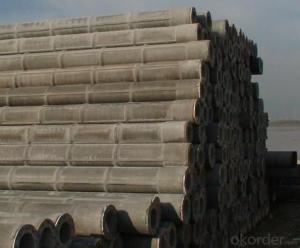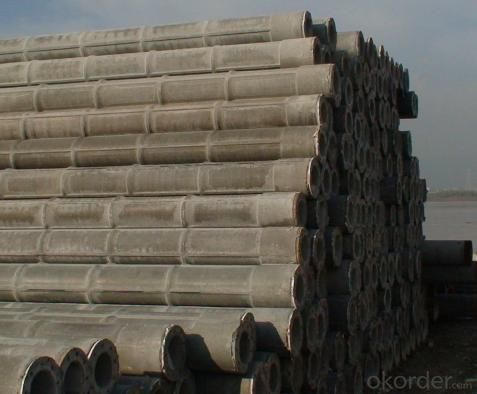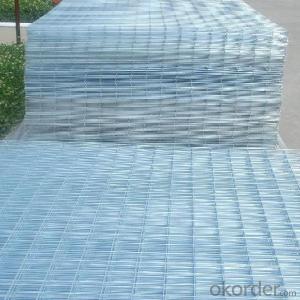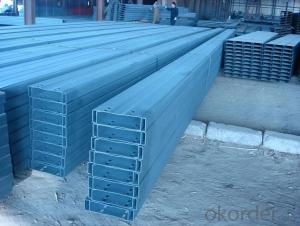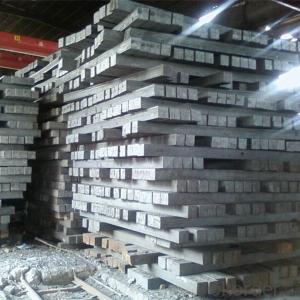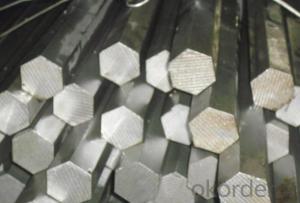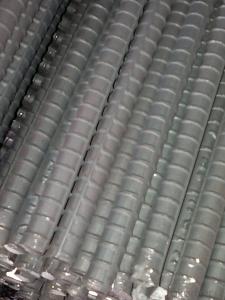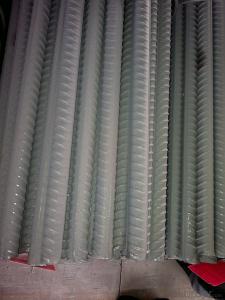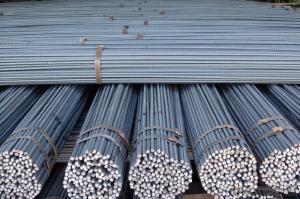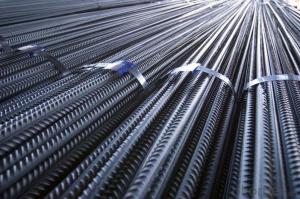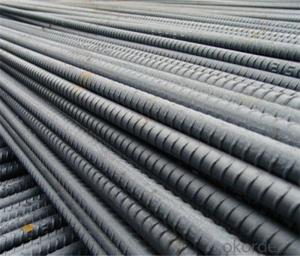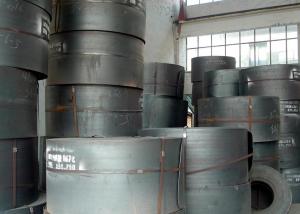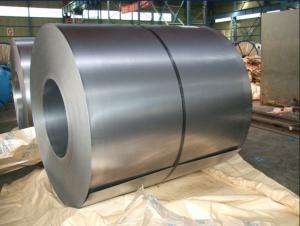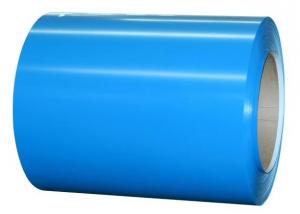Steel Rebar Deformed Bar for Construction with High Quality Hot Rolled
- Loading Port:
- China main port
- Payment Terms:
- TT or LC
- Min Order Qty:
- 50 m.t.
- Supply Capability:
- 3000 m.t./month
OKorder Service Pledge
OKorder Financial Service
You Might Also Like
Product Description:
OKorder is offering Steel Rebar Deformed Bar for Construction with High Quality Hot Rolled at great prices with worldwide shipping. Our supplier is a world-class manufacturer of steel, with our products utilized the world over. OKorder annually supplies products to European, North American and Asian markets. We provide quotations within 24 hours of receiving an inquiry and guarantee competitive prices.
Product Applications:
Steel Rebar Deformed Bar for Construction with High Quality Hot Rolled are ideal for structural applications and are widely used in the construction of buildings and bridges, and the manufacturing, petrochemical, and transportation industries.
Product Advantages:
OKorder's Steel Rebar Deformed Bar for Construction with High Quality Hot Rolled are durable, strong, and resist corrosion.
Main Product Features:
· Premium quality
· Prompt delivery & seaworthy packing (30 days after receiving deposit)
· Corrosion resistance
· Can be recycled and reused
· Mill test certification
· Professional Service
· Competitive pricing
Packaging & Delivery:
Packaging Detail: products are packed in bundle and then shipped by container or bulk vessel, deformed bar is usually naked strapping delivery, when storing, please pay attention to moisture proof. The performance of rust will produce adverse effect.
Each bundle weight: 2-3MT, or as required
Payment term: TT or L/C
Delivery Detail: within 45 days after received advanced payment or LC.
Label: to be specified by customer, generally, each bundle has 1-2 labels
Trade terms: FOB, CFR, CIF
FAQ:
Q1: Why buy Materials & Equipment from OKorder.com?
A1: All products offered byOKorder.com are carefully selected from China's most reliable manufacturing enterprises. Through its ISO certifications, OKorder.com adheres to the highest standards and a commitment to supply chain safety and customer satisfaction.
Q2: How do we guarantee the quality of our products?
A2: We have established an advanced quality management system which conducts strict quality tests at every step, from raw materials to the final product. At the same time, we provide extensive follow-up service assurances as required.
Q3: How soon can we receive the product after purchase?
A3: Within three days of placing an order, we will begin production. The specific shipping date is dependent upon international and government factors, but is typically 7 to 10 workdays.
Images:
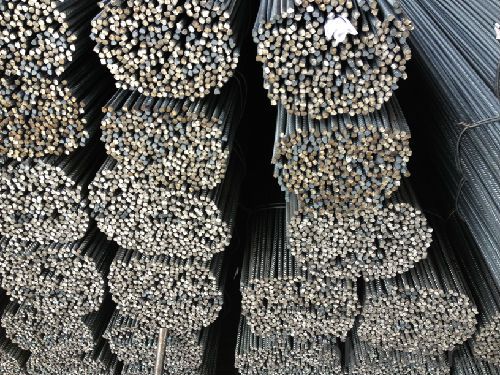
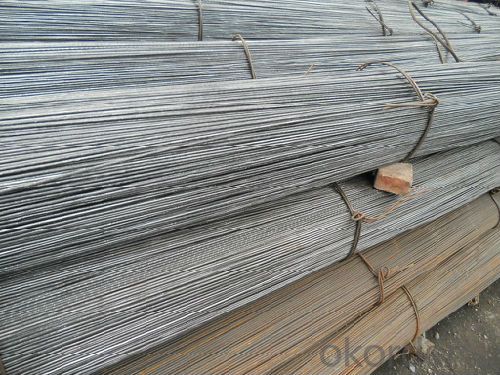
- Q: How is steel used in the energy sector, such as in power plants?
- Steel is widely used in the energy sector, particularly in power plants, due to its strength and durability. It is used for various applications such as constructing the frames and structures of power plants, including the buildings, support systems, and platforms. Steel is also used in the fabrication of boilers, turbines, and generators, which are essential components of power generation. Additionally, steel pipes and pipelines are used for transporting fuel, gases, and steam within power plants. Overall, steel plays a crucial role in providing the necessary infrastructure and equipment for efficient and reliable energy production in power plants.
- Q: How do steel products contribute to sustainable development?
- Steel products contribute to sustainable development in multiple ways. Firstly, steel is one of the most recyclable materials, meaning that it can be reused indefinitely without losing its properties. This reduces the demand for raw materials and minimizes waste generation. Secondly, steel is highly durable and long-lasting, which means that products made from steel have a longer lifespan and require fewer replacements. This reduces the overall consumption of resources and energy. Additionally, steel is a key component in the construction industry, which plays a vital role in sustainable infrastructure development. Steel structures are known for their strength, flexibility, and resistance to natural disasters, making them an ideal choice for green buildings and sustainable urbanization. Lastly, the steel industry has been adopting various measures to reduce its environmental impact, such as improving energy efficiency, reducing greenhouse gas emissions, and implementing sustainable production practices. These efforts further contribute to sustainable development by minimizing the industry's carbon footprint and preserving natural resources.
- Q: What are the different types of steel sheets and their applications?
- There are several different types of steel sheets, each with their own unique properties and applications. Some common types include hot rolled steel sheets, cold rolled steel sheets, galvanized steel sheets, and stainless steel sheets. Hot rolled steel sheets are typically used in construction and manufacturing industries due to their high strength and durability. They are commonly used for structural components, such as beams and columns, as well as for automotive and machinery parts. Cold rolled steel sheets are known for their smooth surface finish and tight dimensional tolerance. They are often used in applications that require precise shapes and sizes, such as appliances, furniture, and automotive body panels. Galvanized steel sheets are coated with a layer of zinc to prevent corrosion and rust. They are commonly used in outdoor structures, such as roofing and siding, as well as in automotive parts and electrical equipment. Stainless steel sheets are highly resistant to corrosion and staining, making them suitable for a wide range of applications. They are commonly used in kitchen appliances, food processing equipment, medical devices, and architectural structures. Overall, the choice of steel sheet depends on the specific requirements of the application, such as strength, finish, corrosion resistance, and cost.
- Q: What are the different types of steel forgings and their applications in the oil and gas industry?
- There are several types of steel forgings commonly used in the oil and gas industry. These include open die forgings, closed die forgings, and rolled ring forgings. Open die forgings are typically used for large and complex shapes, such as pressure vessels and wellhead components. They offer excellent strength and durability, making them suitable for various applications in the oil and gas industry. Closed die forgings, also known as impression die forgings, are used for smaller, intricate components like valves, fittings, and flanges. They provide superior dimensional accuracy and precise control over the final shape, making them ideal for critical parts in the oil and gas sector. Rolled ring forgings are commonly used for seamless rings, such as bearing races, gears, and flanges. They offer exceptional strength and fatigue resistance, making them suitable for high-pressure applications in the oil and gas industry. Overall, steel forgings play a crucial role in the oil and gas industry, providing robust and reliable components that can withstand harsh operating conditions, high pressures, and extreme temperatures.
- Q: What are the different types of steel products used in the manufacturing of musical instruments?
- There are several types of steel products used in the manufacturing of musical instruments, including stainless steel, carbon steel, and nickel-plated steel. Stainless steel is often used for guitar strings due to its corrosion resistance and bright tone. Carbon steel is commonly used for piano strings, as it provides a rich and resonant sound. Nickel-plated steel is used for a variety of instrument components, such as flute keys and saxophone ligatures, as it offers durability and a smooth surface finish.
- Q: How is steel used in the production of electrical appliances and wiring?
- Steel is commonly used in the production of electrical appliances and wiring as it provides a strong and durable framework for various components. It is often used in the construction of appliance casings, motor housings, and brackets, ensuring the safety and protection of internal electrical components. Additionally, steel is used in electrical wiring as a support structure, providing strength and stability to carry and distribute electricity effectively.
- Q: How is steel sheet metal coated for corrosion protection?
- Steel sheet metal is coated for corrosion protection through a process called galvanization. This involves immersing the sheet metal in a bath of molten zinc, which creates a protective layer on the surface of the steel. This zinc layer acts as a barrier, preventing oxygen and moisture from coming into direct contact with the steel and causing corrosion. Additionally, it provides sacrificial protection, meaning that if any small areas of the steel are exposed, the zinc will corrode first, sacrificing itself to protect the underlying steel. This coating method effectively extends the lifespan and durability of steel sheet metal in various applications.
- Q: How is steel pipe coated for corrosion resistance?
- Steel pipe can be coated for corrosion resistance through various methods such as galvanization, epoxy coating, or fusion-bonded epoxy coating. Galvanization involves applying a layer of zinc to the steel surface, forming a protective barrier against corrosion. Epoxy coating involves applying a layer of epoxy resin to the pipe surface, providing a durable barrier against corrosion. Fusion-bonded epoxy coating involves applying a powder coating to the heated pipe surface, which then melts and fuses to form a corrosion-resistant layer. These coating methods help protect steel pipes from the damaging effects of corrosion, extending their lifespan and maintaining their structural integrity.
- Q: What are the advantages of using steel in automotive manufacturing?
- There are several advantages to using steel in automotive manufacturing. Firstly, steel is incredibly strong and durable, making it an ideal material for building the frame and structure of vehicles. This enhances the safety of the vehicle and provides better protection for passengers in the event of a collision. Additionally, steel is readily available and cost-effective, making it a cost-efficient choice for automakers. Furthermore, steel is highly recyclable, which aligns with the growing emphasis on sustainability and reducing the environmental impact of manufacturing processes. Overall, using steel in automotive manufacturing provides strength, safety, affordability, and sustainability benefits.
- Q: What is the role of steel in the infrastructure development?
- The role of steel in infrastructure development is crucial as it is one of the most widely used materials in construction. Steel offers exceptional strength, durability, and versatility, making it an ideal choice for various infrastructure projects. It is used in the construction of bridges, buildings, highways, railways, and other essential structures. Steel's high tensile strength allows for the creation of large, sturdy structures that can withstand heavy loads and harsh environmental conditions. Additionally, its ductility allows for flexibility in design and construction, enabling architects and engineers to create innovative and efficient infrastructure solutions. Overall, steel plays a vital role in ensuring the safety, longevity, and sustainability of our infrastructure.
Send your message to us
Steel Rebar Deformed Bar for Construction with High Quality Hot Rolled
- Loading Port:
- China main port
- Payment Terms:
- TT or LC
- Min Order Qty:
- 50 m.t.
- Supply Capability:
- 3000 m.t./month
OKorder Service Pledge
OKorder Financial Service
Similar products
Hot products
Hot Searches
Related keywords
